9 fly-repellent plants that will keep your home bug free
These plants will keep flies out of your home
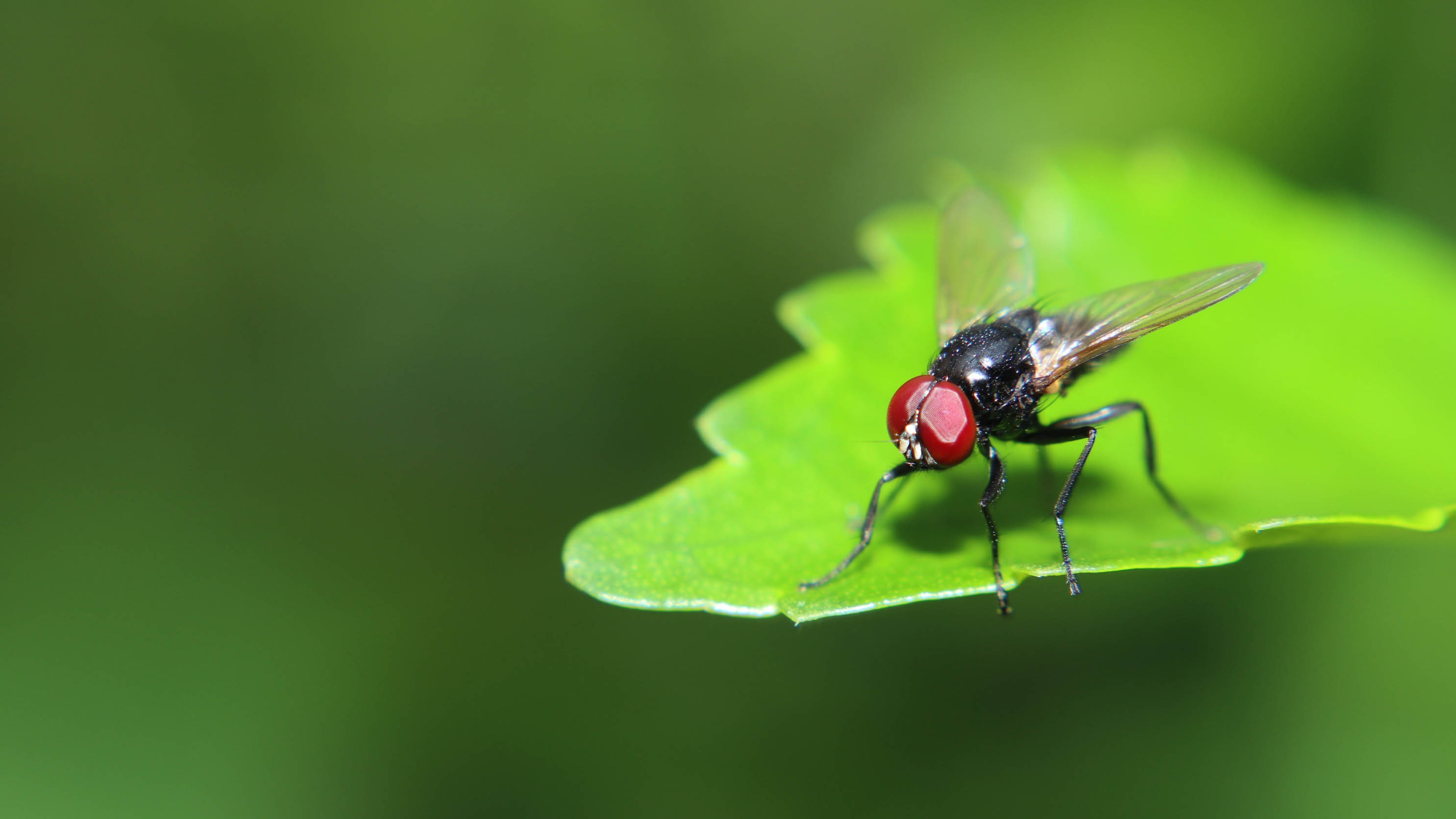
Flies can be a real nuisance, but you don't necessarily need fly traps to catch them. You just need the right plants.
Whether you’re dealing with fruit flies, house flies or gnats, these insects are unhygienic to have in the house. They can easily spread bacteria and disease by contaminating our foods and landing on surfaces, causing the likes of Salmonella, E.coli and Cholera. If not addressed immediately, a single fly can quickly turn into an infestation as well, so you need to take action if you’ve noticed these unwelcome guests.
You can, of course, learn how to get rid of fruit flies, or how to get rid of gnats, but how can you keep these insects from returning? The good news is that there are several houseplants which can help solve this problem — one of the 7 ways to keep bugs out of your house. These plants contain natural properties to deter flies and keep them out of your home. Plus, they can add some natural décor to your space at the same time. Keen to learn more? Here are 9 fly-repellent plants which will keep your home bug-free.
If you’re struggling with rodents as well, here are 7 plants that keep mice and rats from invading your home. And here are 7 plants that repel cats.
1. Lavender
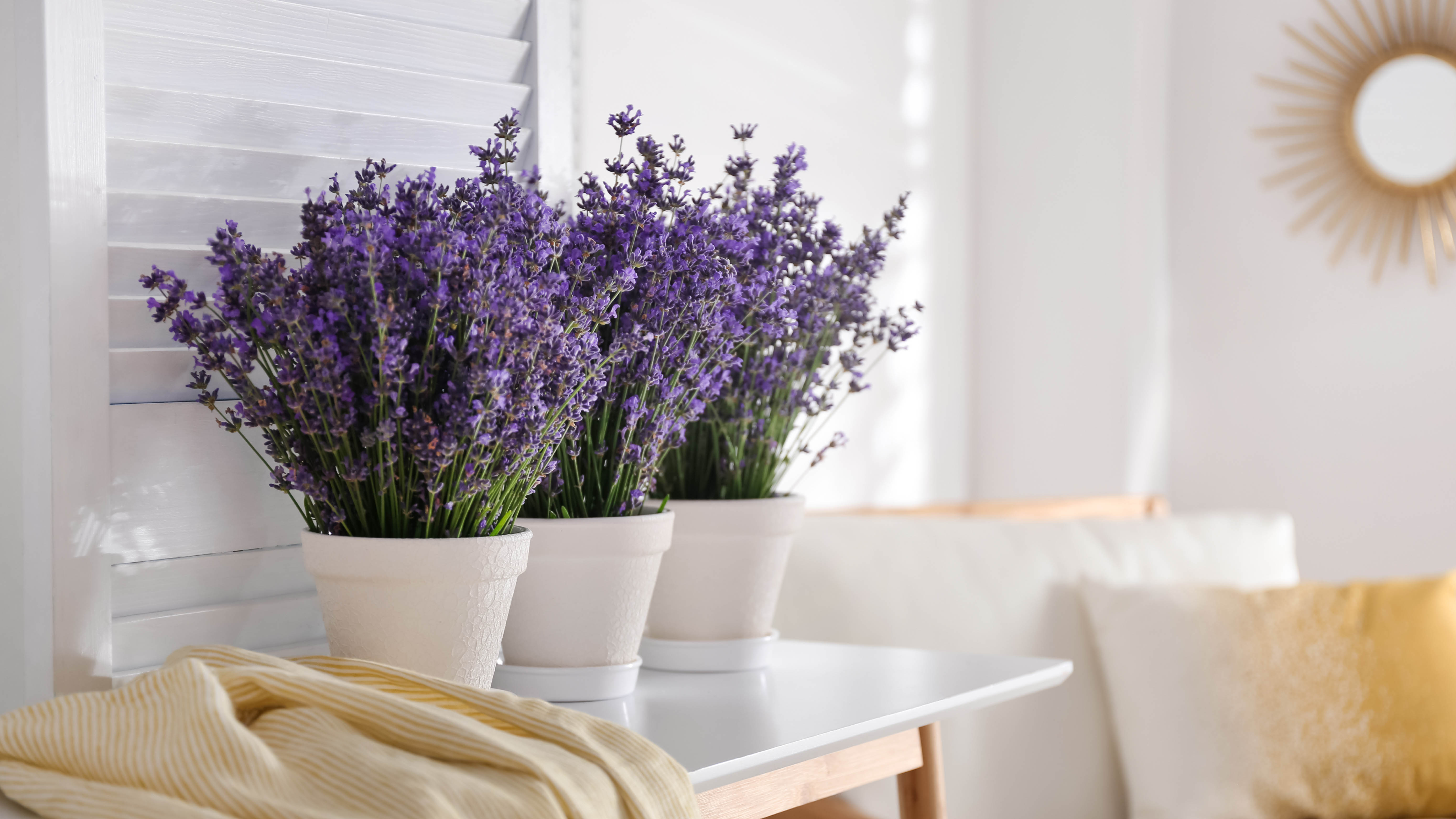
Lavender has a great many uses. It produces lavender oil, which can relieve stress, help you sleep and it has anti-inflammatory properties too. On top of that, this plant looks beautiful on display and produces a strong and pleasant aroma. This smell is actually useful in more ways than one, because flies can’t stand it. By strategically placing bunches of lavender around your home, you will soon notice a drop in the number of flies.
Because the aroma is what deters flies, as well as mosquitoes, moths and fleas, you can also use the extracted lavender oil to get a similar effect. You can mix this oil into your homemade cleaning products or laundry detergent to maximize its fragrance around your home.
2. Mint
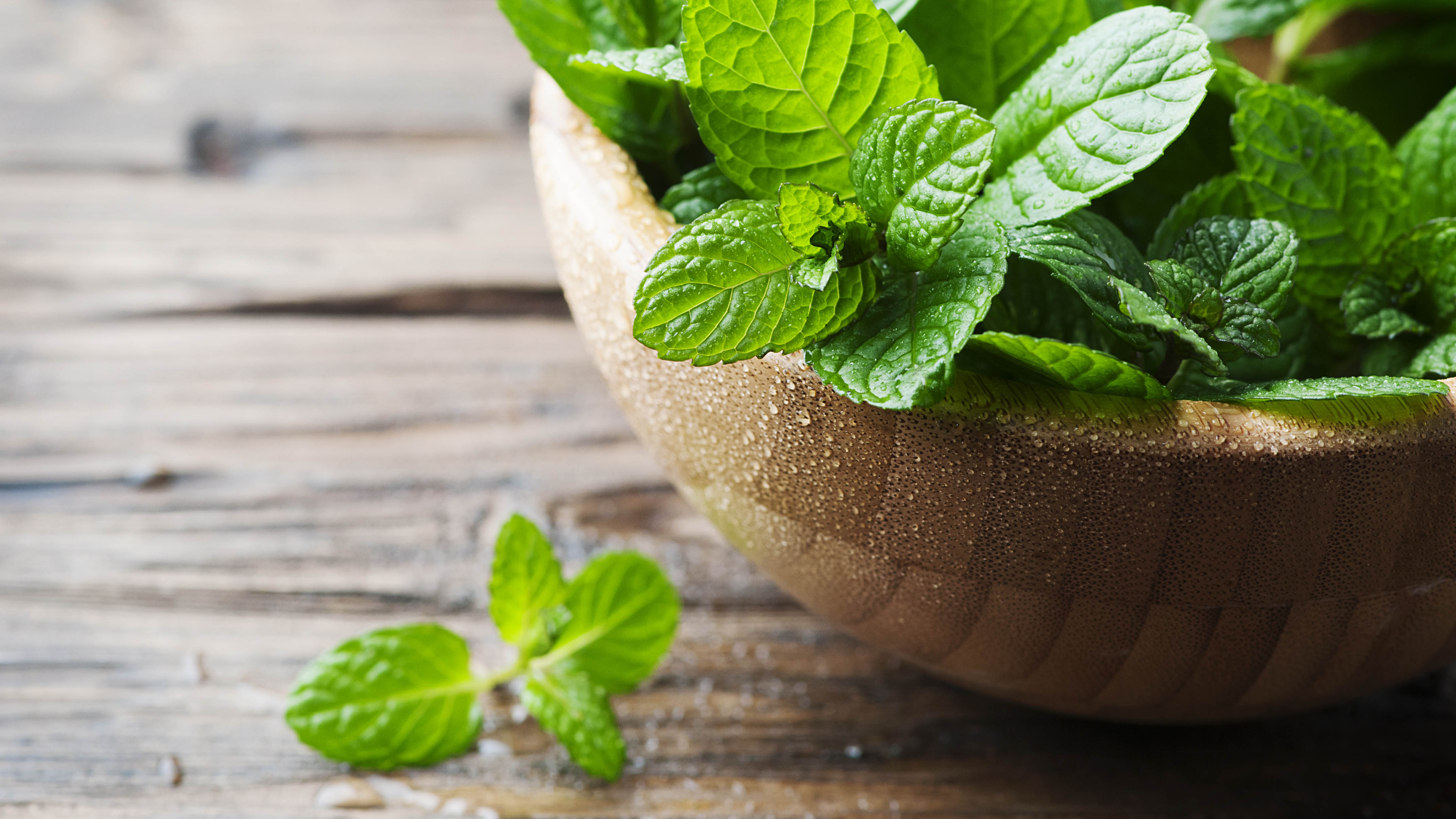
Mint is another versatile plant that can help make your home fly-free. It’s incredibly easy to grow, thriving in full sun or partial shade, and its leaves can be used to compliment all kinds of recipes. Whether you want to garnish your main course, or give your mojito some added flavor, mint can offer your cooking a professional finish.
Sign up to get the BEST of Tom's Guide direct to your inbox.
Get instant access to breaking news, the hottest reviews, great deals and helpful tips.
Mint has an unmistakably refreshing scent. And the good news is that it’s another scent which flies can’t stand. In fact, it’s so strong that it can put off rodents as well — particularly spearmint and peppermint.
It’s worth flagging that this plant is so quick and easy to grow, that it can quickly become unruly. So it’s best to pot it, leave it on a windowsill, and cut it back when necessary. Alternatively, you can use peppermint oil around the home to keep flies at bay. Simply mix two teaspoons with a cup of water and spray where the pests frequent.
3. Marigolds
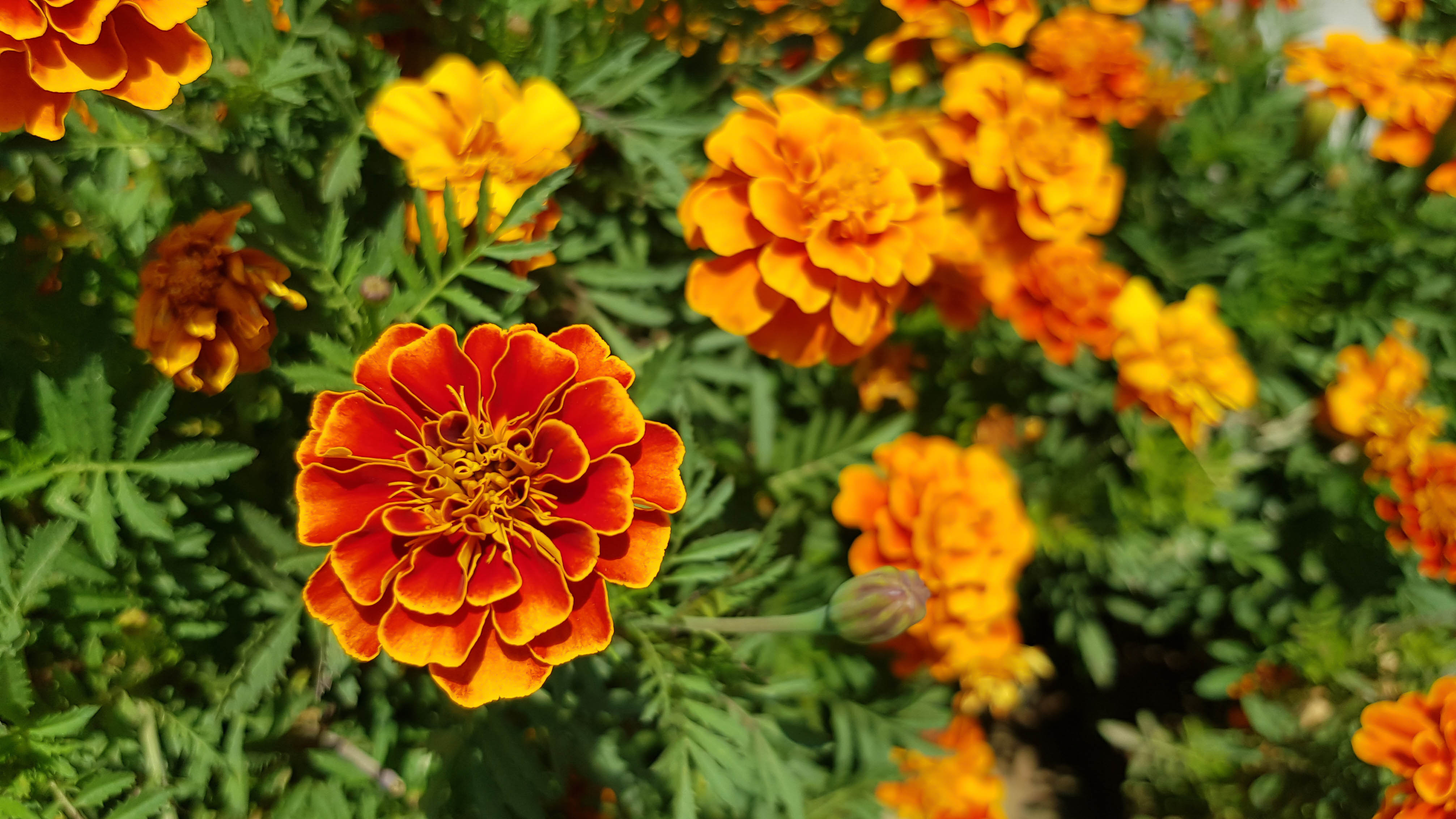
Marigolds are usually grown outdoors and while they may attract butterflies and ladybirds, whiteflies and mosquitoes will steer clear. This is because this plant releases a distinctive scent which contains limonene. The roots themselves are also said to release a toxic chemical which is harmful to root nematodes, so you don’t need to worry about these pests either.
Marigolds are generally fuss-free plants, but they do require a lot of sunlight to grow. That’s the main reason why it’s a struggle to grow them indoors. You can however, display them indoors as cut flowers, and achieve similar fly-repelling benefits. Just remember to replace your flowers when necessary.
4. Rosemary
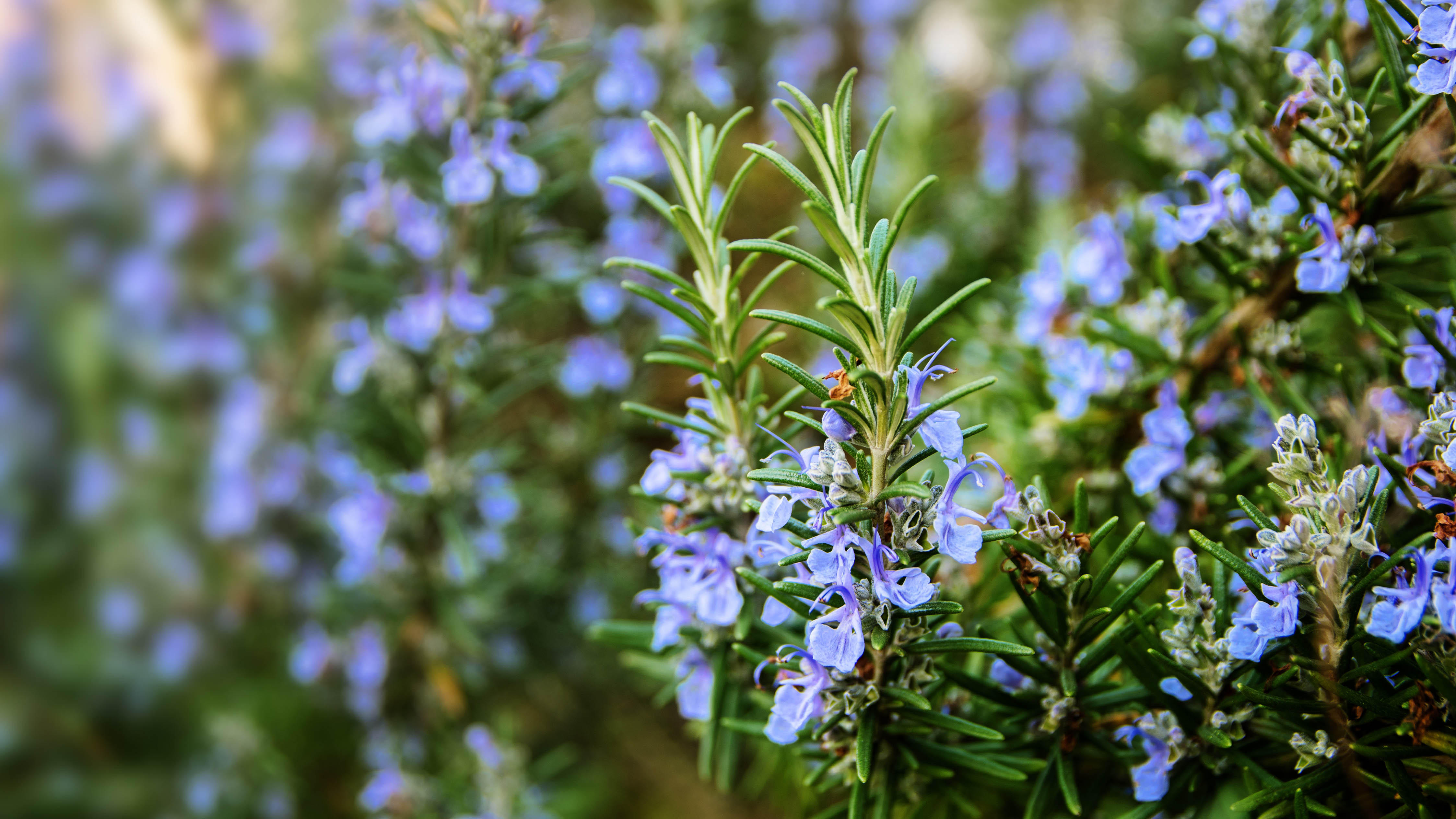
Rosemary is often found in your typical herb garden. It can be used all over the home — in terms of cooking, it acts as a spice to spruce up dishes, and the fragrance is nice enough to feature in soaps and makeup as well. And while this distinctive aroma is attractive to us, this herb is hated by flies. The pungent smell will keep midges as well as gnats at bay, warding off small flies and large alike.
Rosemary is another easy-going plant to grow. It can be kept outdoors or grown via a container indoors, requiring direct sun and low humidity levels. Rosemary oil is a common ingredient in natural pesticides as well.
5. Lemongrass
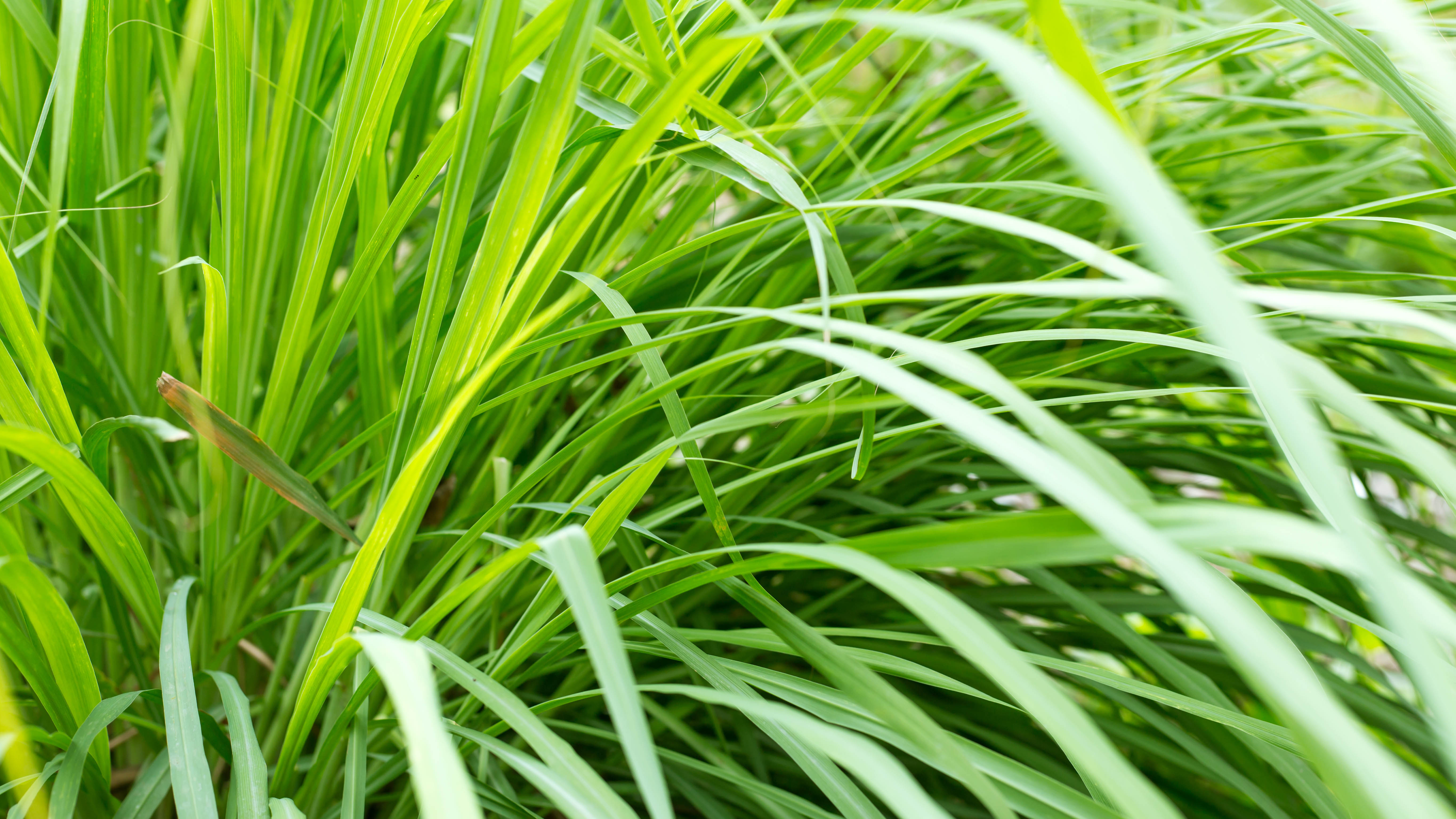
Lemongrass is particularly known for its anti-fly and mosquito properties. This is because it contains citronella oil, which emits a grassy, floral scent. Flies cannot stand this scent, and will steer clear at all costs. Lemongrass is straightforward to grow, but it requires warm as well as humid conditions, with regular sunlight. It can be grown outdoors or via a container indoors.
If you want all of the benefits of this plant, but without the fuss, you can also simply use citronella oil around the home. It can be diluted and sprayed to apply the scent. Or, you can rub it directly onto your skin to keep mosquitoes at bay while you’re out.
6. Garlic
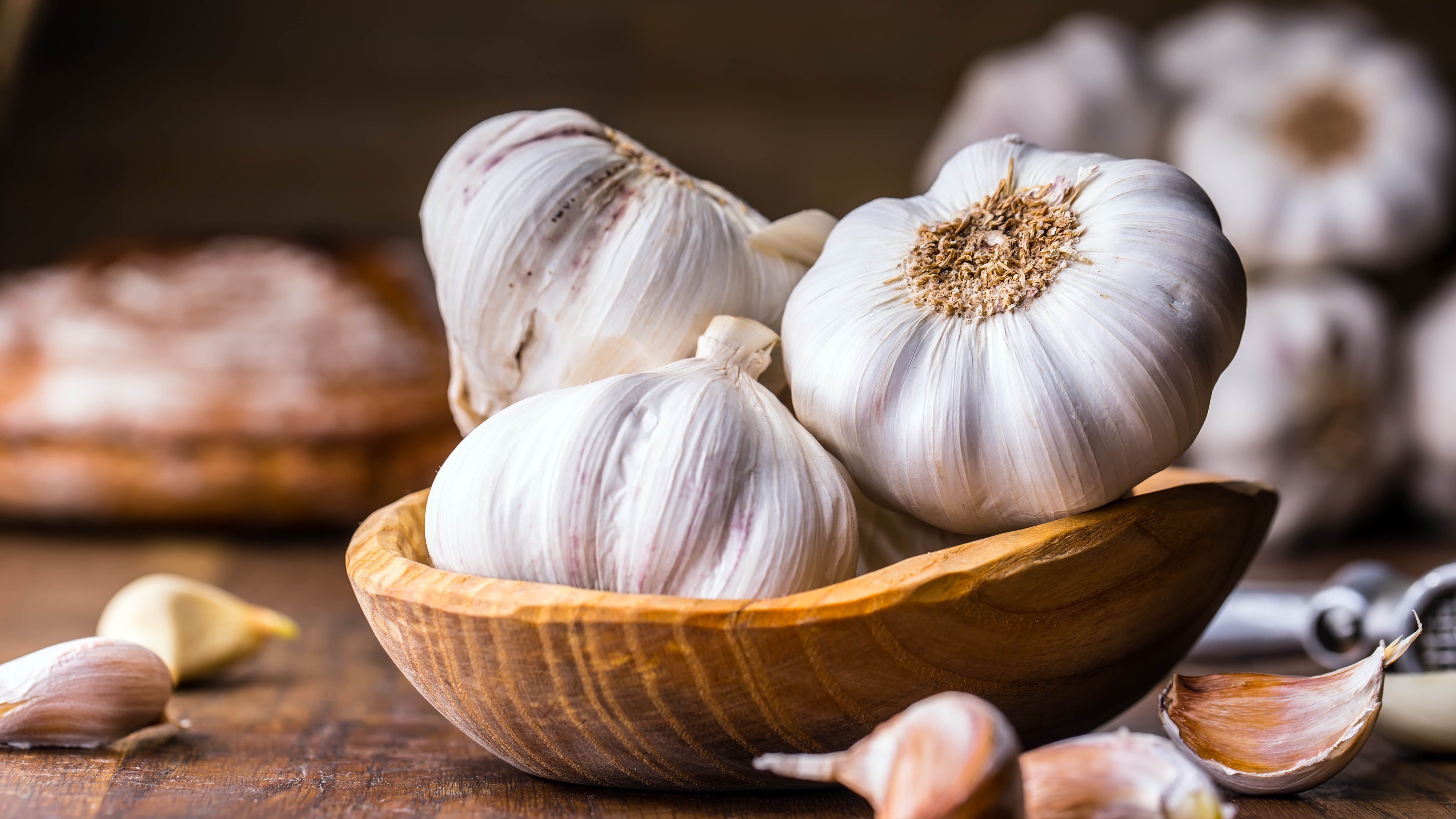
Garlic can keep more than vampires away — it turns out it’s pretty useful for deterring flies as well. Garlic releases a strong smell which we’re all too familiar with; this is because it emits sulfurous compounds when the skin is damaged. This is how it naturally keeps pests at bay as well, including the likes of rodents. If they get too close, they get a noseful.
Garlic can come in use for all kinds of recipes in the kitchen, so considering the benefits on offer, why wouldn’t you grow it? If you need guidance, be sure to check out how to grow garlic. To use it around the home, blend four or five cloves of garlic to make a puree, and combine it with a pint of water to spray in areas that flies frequent. Be prepared for a garlic-smelling home, but know that flies will certainly stay away.
7. Catnip
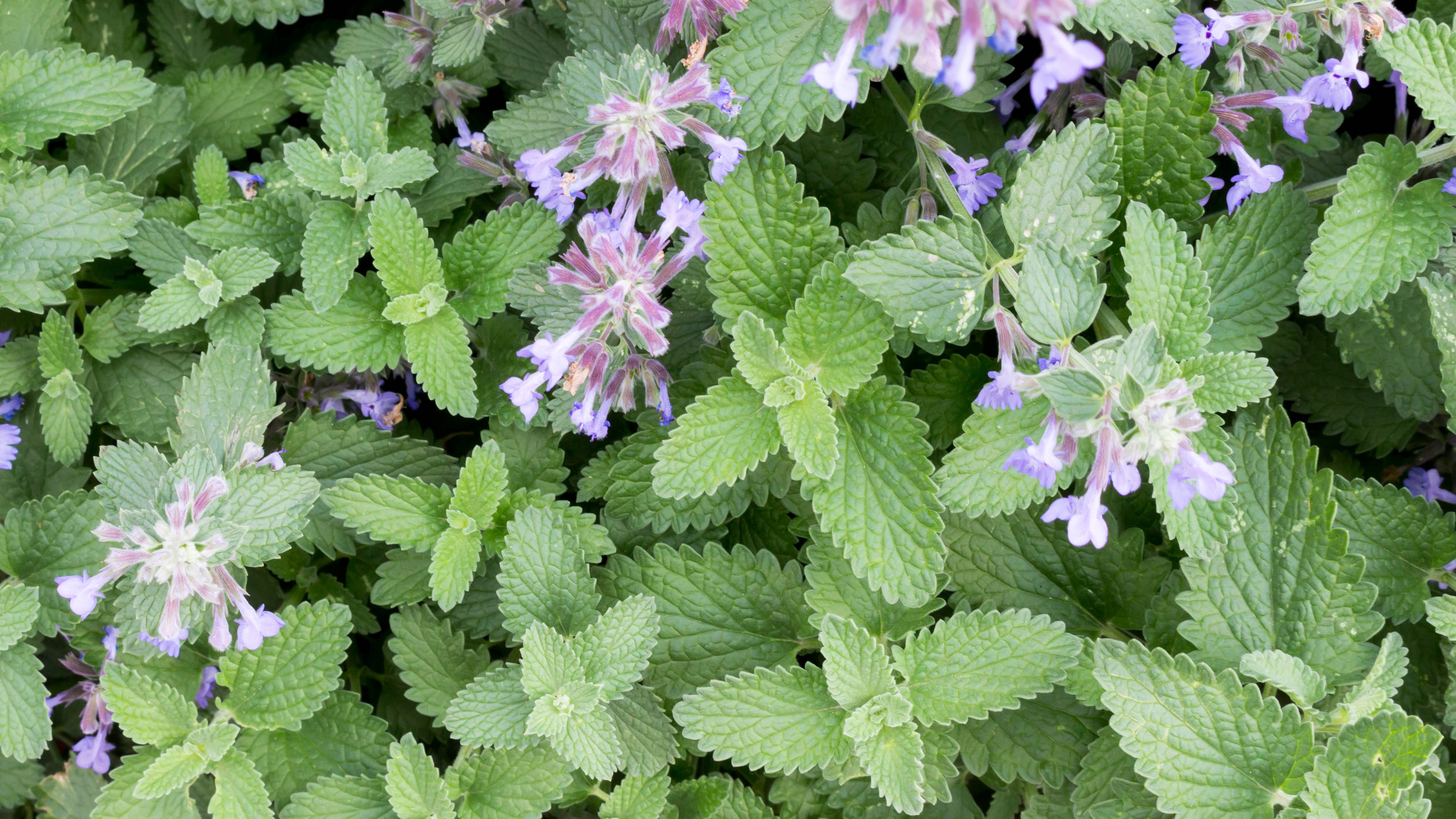
While cats may love the smell of catnip, it’s not a favorite of mosquitoes. This is because catnip contains an active component, known as Nepeta cataria, which will actively repel insects, such as flies and mosquitoes. So, you could make both yourself and your cat happy by investing in this houseplant.
Catnip is very easy to grow indoors, thriving best on a sunny windowsill with regular water. Be wary though that catnip is quick to grow, and so is best kept in a container, so you can keep on top of its growth and prevent it from overwhelming your garden.
8. Basil
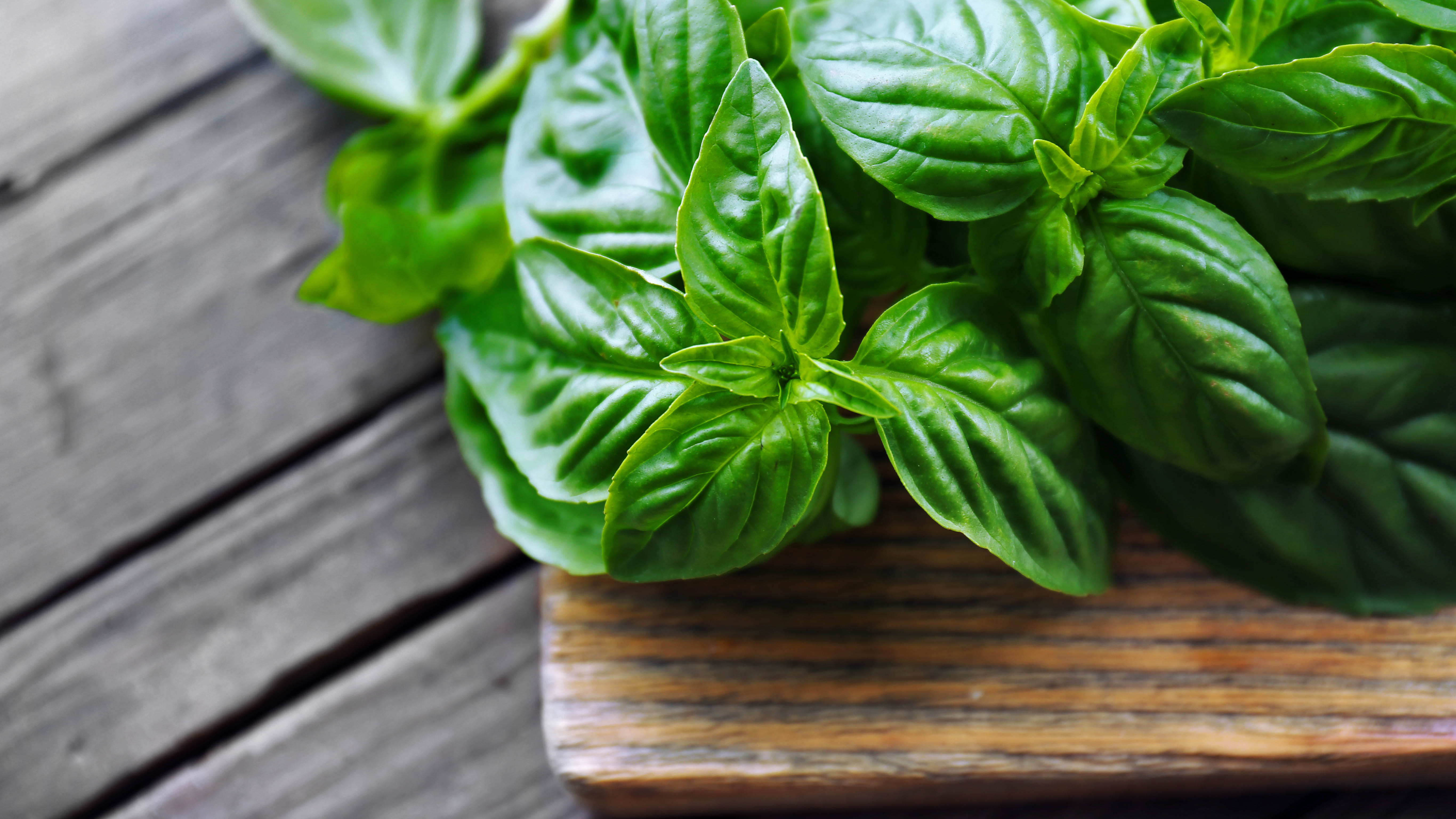
Basil is another herb which can help keep flies out of your home. In fact, it’s regarded as one of the best, but it’s also known to be tricky to care for. It requires regular heat along with well-drained soil, and yet will burn in direct sun, so partial shade is ideal. If you can maintain those conditions, basil will grow well in containers in your kitchen. If that's not possible you can grow it outdoors more easily.
The strong aroma emitted by basil, which smells herby and earthy, may smell attractive to us, but flies and mosquitoes can’t stand it. In fact, the oil can even destroy mosquito eggs. You can collect the oil yourself to use as an insect-repellent spray by plucking the leaves from the plant, or you can readily buy it as well.
9. Sage
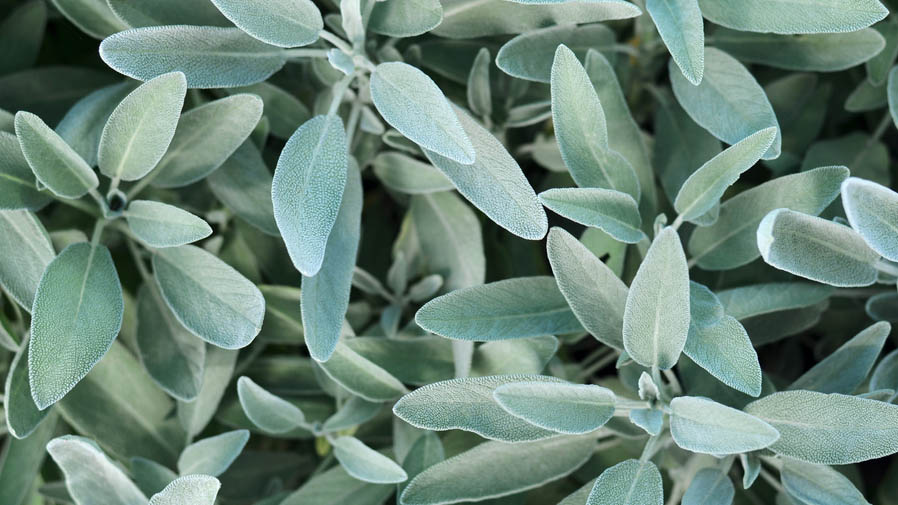
The final herb which can help deter flies is sage. This isn’t surprising when you consider the strength of scent that this perennial releases. It smells musky, earthy and yet sweet, and is at its most potent when the leaves are mashed or burned. In fact, if you burn dried sage leaves, it can release the oils very effectively and drive away flies and mosquitoes. Alternatively, you can just strategically place the leaves around your home to keep pests away.
More from Tom's Guide

Katie Mortram used to be a Homes Editor for Tom's Guide, where she oversaw everything from kitchen appliances to gardening tools, as well as smart home tech. Specializing in providing expert advice for cleaning and home manintenance, she now works as Household Advice Editor for Good Housekeeping.
